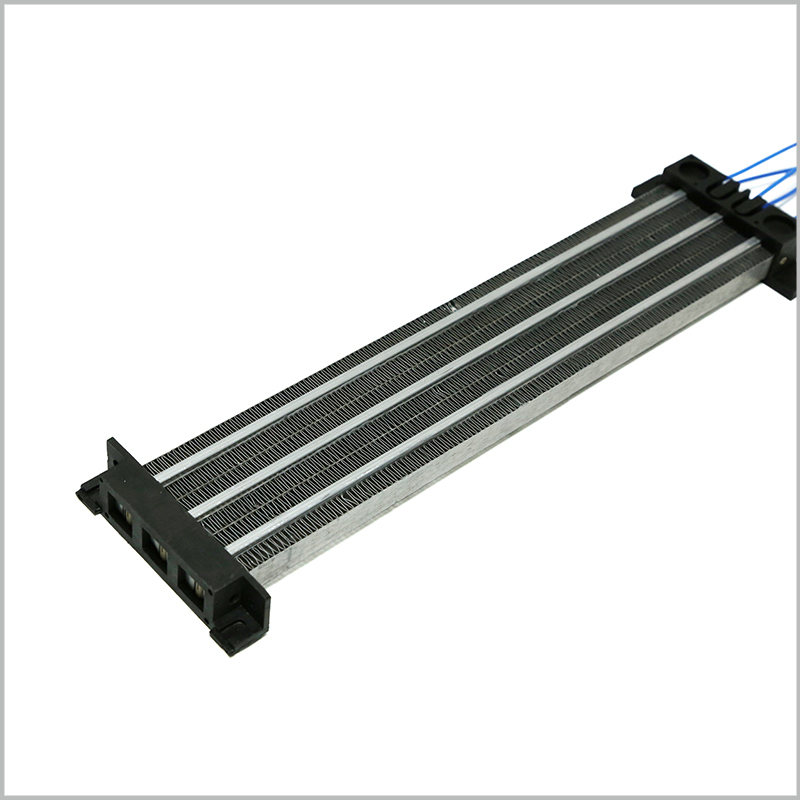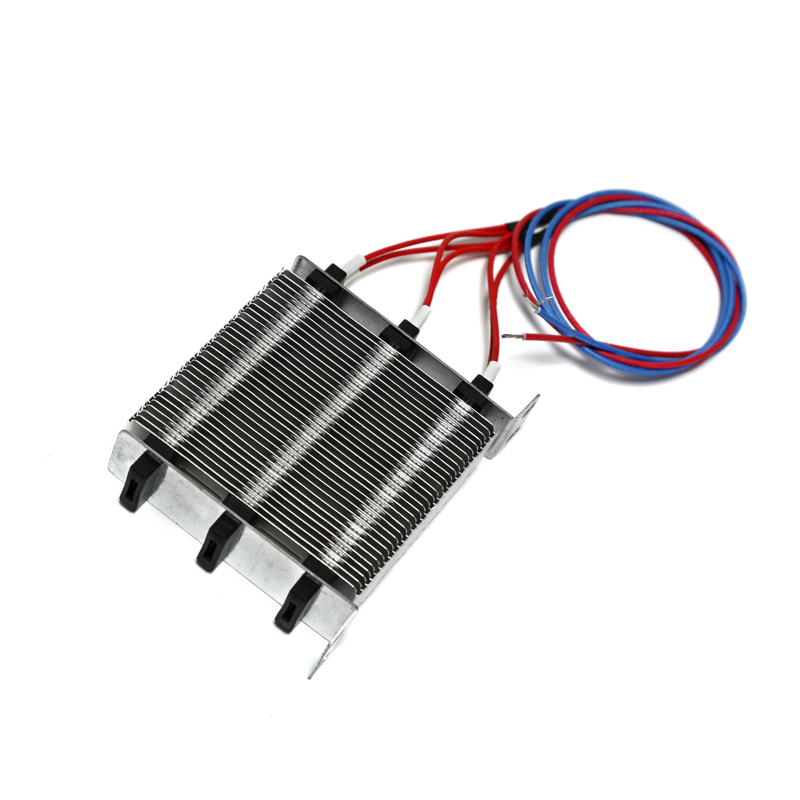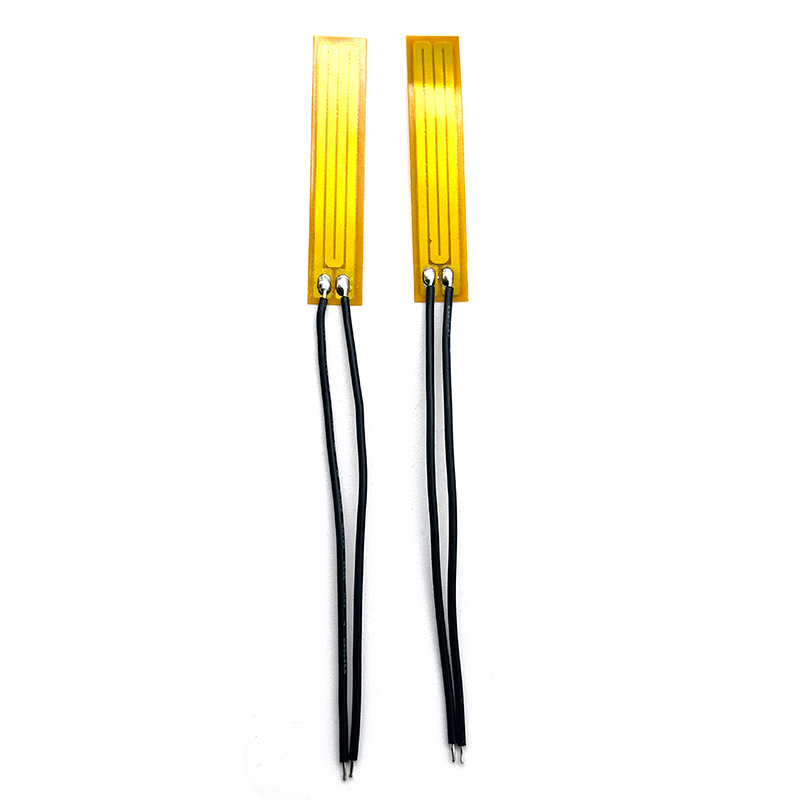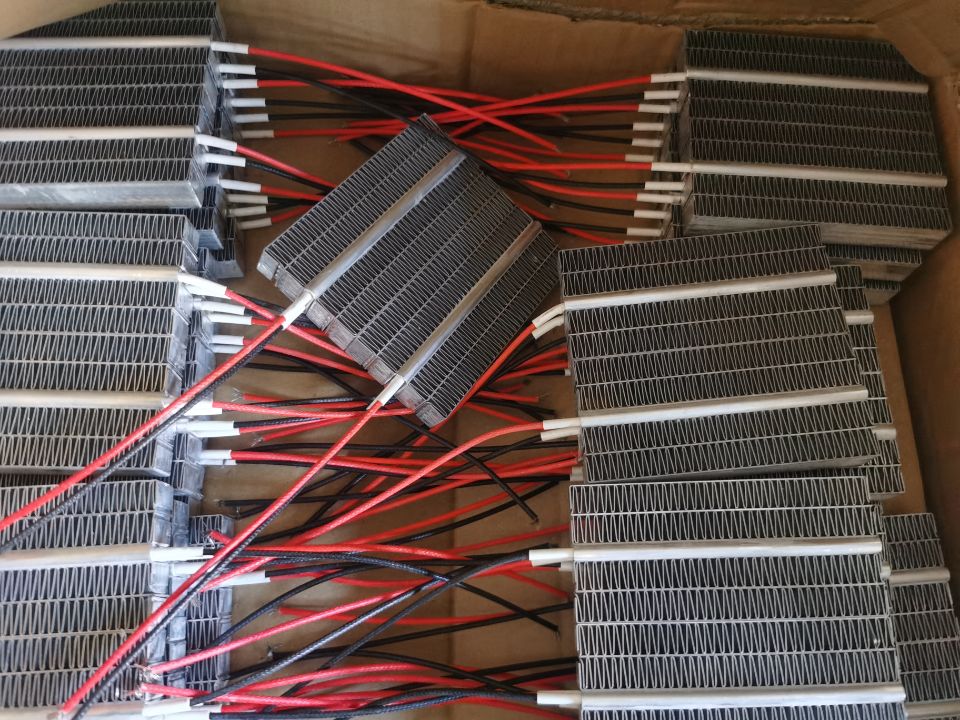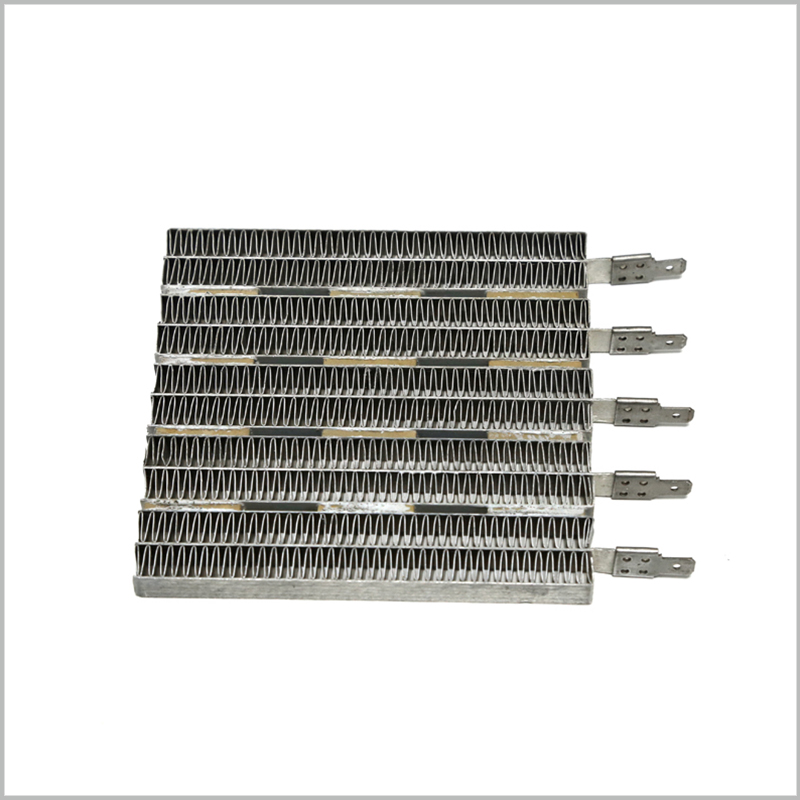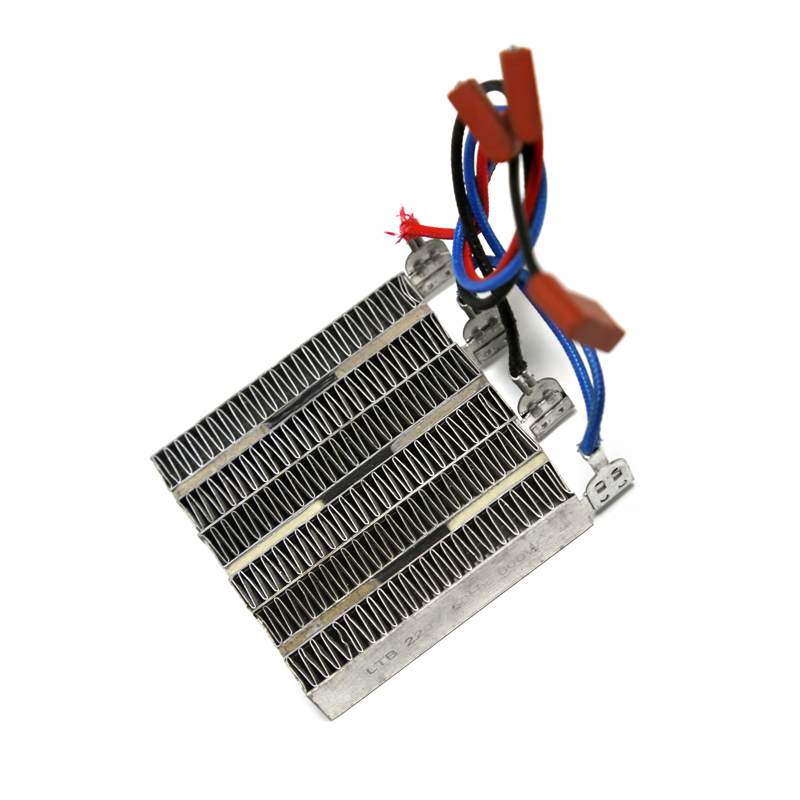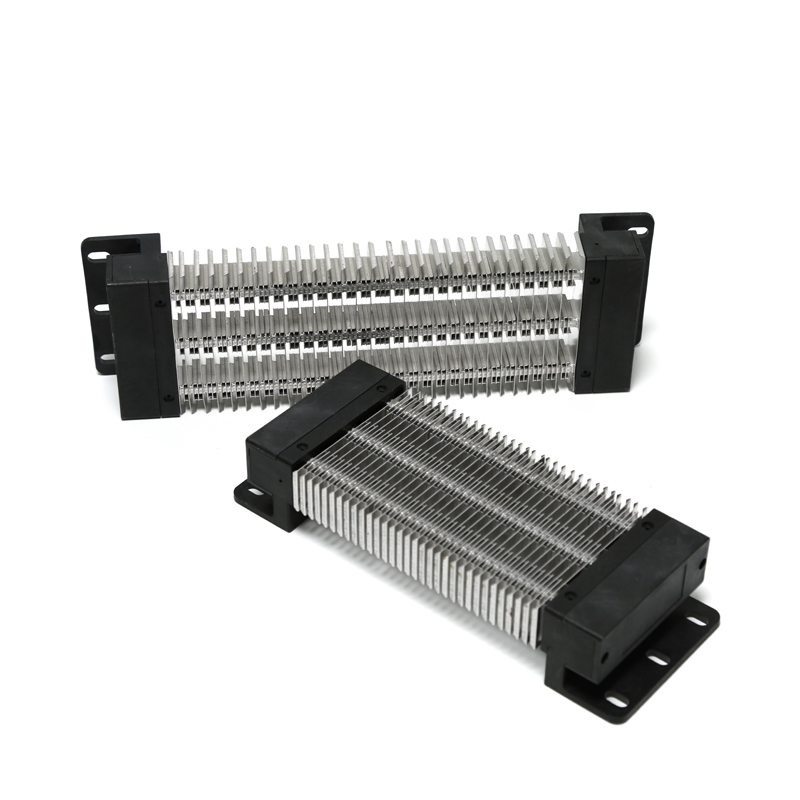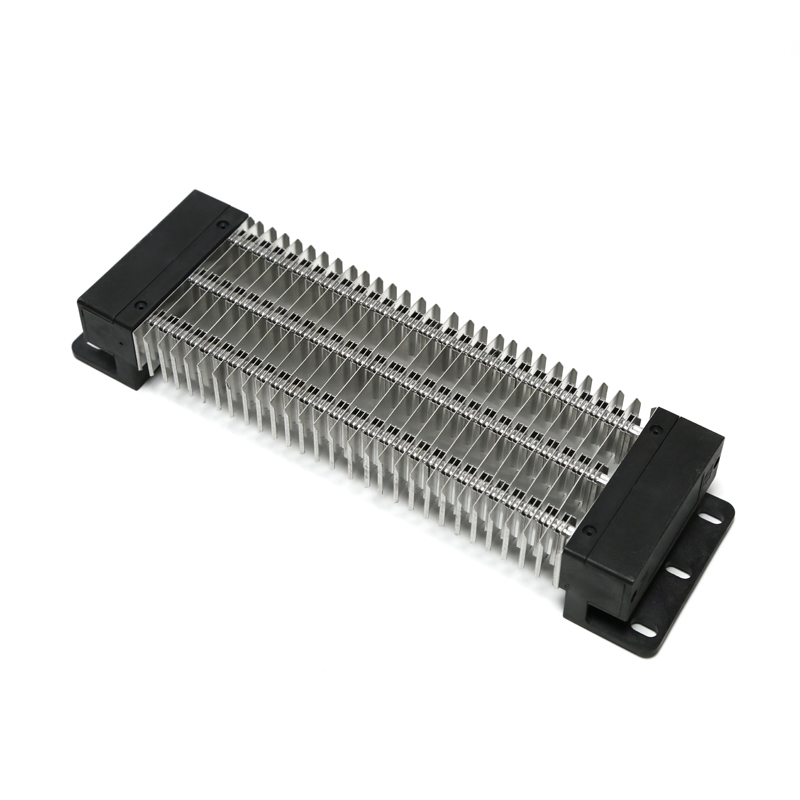In the quest for reliable temperature sensing, the operating environment often dictates the component choice. When exposure to moisture, extreme temperatures, or corrosive conditions is a concern, standard epoxy-coated sensors can falter. For these demanding scenarios, the Glass-Encapsulated NTC Thermistor emerges as the gold standard for long-term stability and resilience.
This sensor features a miniature NTC thermistor chip hermetically sealed within a solid glass body. This robust construction isn't just for protection; it unlocks a suite of performance advantages critical for mission-critical applications.
Let's explore the key benefits that make glass-encapsulated thermistors a trusted solution across industries.
1. Superior Hermetic Seal and Moisture Immunity
The primary threat to a thermistor's longevity is moisture ingress, which can cause drift and eventual failure. The glass-to-metal seal of these thermistors creates a perfect hermetic barrier.
-
Key Benefit: This complete seal provides unmatched resistance to humidity and liquids. It ensures stable performance in environments like automotive engine bays, medical autoclaves, and household appliances where condensation or direct washing is a constant threat.
2. Exceptional Stability and Minimal Drift
Accuracy over time is non-negotiable. The inert nature of glass and the hermetic seal work together to protect the sensitive semiconductor material from atmospheric oxidation and contamination.
-
Key Benefit: Glass-encapsulated thermistors exhibit exceptionally low long-term drift in their resistance values. This means your temperature readings remain accurate for the lifespan of the product, eliminating the need for recalibration and ensuring consistent performance year after year.
3. High-Temperature Endurance
Many applications involve sustained high temperatures that can degrade epoxy coatings. Glass, however, is inherently capable of withstanding intense heat.
-
Key Benefit: These thermistors can operate reliably at much higher temperatures than their polymer-encapsulated counterparts, typically up to 300°C and beyond. This makes them suitable for applications like automotive exhaust gas sensors, industrial process heating, and high-power electronics.
4. Excellent Resistance to Chemical Corrosion
Beyond moisture, sensors can be exposed to a wide range of chemicals, solvents, and oils. The glass body is highly resistant to most corrosive agents.
-
Key Benefit: This chemical inertness allows the thermistor to perform reliably in harsh industrial settings, chemical processing equipment, and automotive fluid systems without degradation of its housing or electrical properties.
5. Robust Mechanical Structure
The solid glass encapsulation forms a rigid, durable package that can withstand significant mechanical stress.
-
Key Benefit: It offers high resistance to shock, vibration, and physical abrasion, ensuring the sensor remains intact and functional even in the most demanding mechanical environments.
Ideal Applications for Glass-Encapsulated Thermistors
Their robust profile makes them indispensable in:
-
Automotive: Engine control units (ECUs), intake air temperature sensors, oil and coolant temperature sensing.
-
Medical: Sterilization equipment, diagnostic devices, patient monitoring.
-
Industrial: High-temperature process control, HVAC systems, power supplies.
-
Consumer Appliances: Coffee makers, hair dryers, and washing machines.
Conclusion: The Benchmark for Reliability
When failure is not an option, a glass-encapsulated thermistor provides the assurance of performance. By offering an unparalleled combination of hermetic sealing, high-temperature operation, and long-term stability, it solves the toughest challenges in temperature sensing.
Don't let a harsh environment compromise your design. Contact us today to learn how our glass-encapsulated NTC thermistors can deliver the reliability your application demands.


